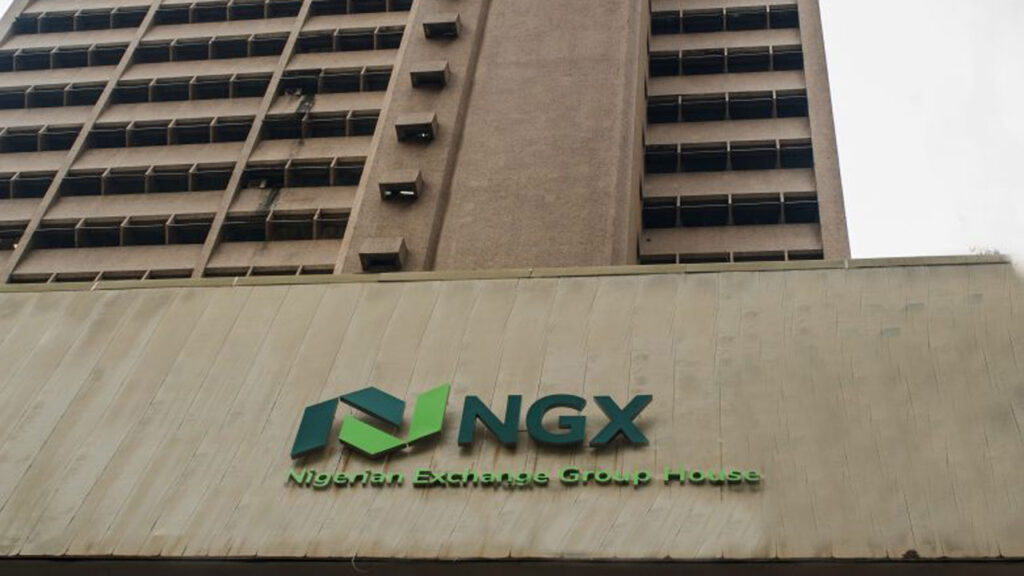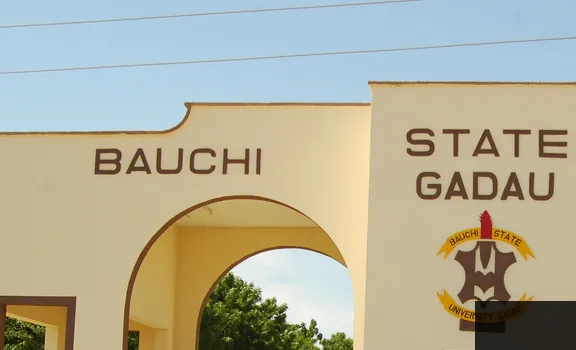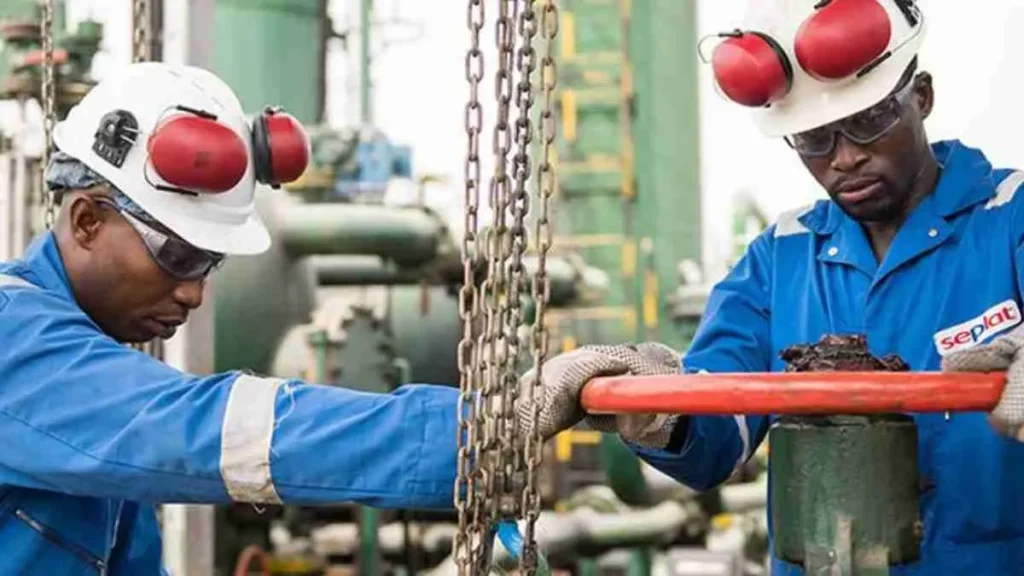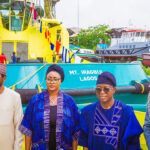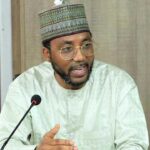
Stakeholders have urged the Federal Government to give more attention to the maritime sector this year. In a chat with The Guardian, the stakeholders said maritime should be the major revenue-generating sector in the country after oil but has suffered neglect for many years.
They listed key inputs urgently required to turn the sector around to include seamless port operations, strict government policies and enforcement, acquisition of vessels, creation of maritime ministry, beefing up security at the Gulf of Guinea; tackling port congestion and putting in place of an automation system.
Others are reform/privatisation of maritime agencies, fixing of dilapidated port access roads, provision of holding bays and eradicating extortions by government officials.
National Coordinator of Save Nigeria Freight Forwarders, Importers and Exporters Coalition (SNIFFIEC), Osita Patrick Chukwu, in a phone chat with The Guardian accused the Federal Government of paying lip service to issues concerning the development of the sector, noting that the challenges have been on for decades and that the government has failed to fulfill its promise to address the issues.
“The maritime sector is suffering a setback. We have congestion everywhere. This is the first time in the history of Nigeria that someone is carrying a container for over a million naira. It is ridiculous.
“When you go to Tin Can Island port, you find some people whose containers have been trapped there for more than two weeks as a result of the increase in transport cost, There is terrible gridlock as a result of poor access roads. I don’t know what they are doing about the state of the road, it has been like that for years; the government is just paying lip service,” he lamented.
The SNIFFIEC coordinator also called for a separation of the maritime sector from the Ministry of Transportation while urging the Federal Government to create the Ministry of Maritime Affairs.
He added that when this ministry is in place, all focus would be on the maritime sector, as the minister would be focusing on the developmental challenges, which the sector has been facing for decades.
He also lamented that Nigeria, as an import-oriented country, does not have its national carrier but depends on foreign vessels to transport its goods, causing the country to lose billions of money to other countries. Chukwu, however, enjoined the Federal Government to acquire a national carrier to position Nigeria on the world’s best maritime sectors.
The National President, African Association of Professional Freight Forwarders and Logistics of Nigeria (APFFLON), Frank Ogunojemite, said the Federal Government should ensure the speedy completion of the port access roads, especially Tin Can Island and other port access roads that are in a bad state.
He also canvassed for speedy completion of the railway line, adding that with cargo evacuation via rail, most of the cargoes at Lagos ports would not need to congest the roads.
Ogunojemite applauded the Nigerian Port Authority (NPA)’s move to introduce an electronic truck call-up system, which he said would go a long way to dissipate the perennial traffic jam on Lagos port access roads and neighboring areas.
Other issues he listed for attention this year include, “strict government policies and enforcement, empowering the Nigerian Shippers Council, seamless port operations, transparency on the part of Customs, terminal operators and shipping companies.”
Former Vice-Chairman, Nigerian Association of Road Transport Owners (NARTO), Lagos State Chapter, Abdullahi Inuwa, urged the government to compel shipping companies and terminal operators to provide holding bays for truckers to have easy access in and out of the port.
He also urged the federal government to compel the Nigerian Port Authority to fast track the electronic call-up system for truckers to have easy access in and out of the ports.
On insecurity, the former President, Merchant Navy Senior Staff Association, Matthew Alalade, lamented the consistent attacks on vessels by pirates on the high sea, despite Nigeria’s procurement of sophisticated equipment for security, noting that this has driven investors away from doing business in Nigeria, as they go to other neighbouring countries port to discharge their goods, thereby contributing to the growth of their national Gross Domestic Products (GDP).
He said the Federal Government should also ensure free movement on the port access roads to boost business while calling for the dilapidated roads to be fixed urgently.
Alalade also called for the acquisition of national vessels to transport cargoes, adding that the foreign vessels are taking all the money Nigeria is supposed to generate from lifting cargoes.
“Let there be public-private partnership in ownership so that it will bring profit to the country and there will be job creation. We have seafarers who finish from the academy and they don’t get sea time and even getting jobs to appropriate levels. Our cadets don’t have the experience, let the government do something so that we won’t lose revenue to foreigners,” he said.
Speaking on corruption, the National Deputy President, Air Logistics, National Association of Government Approved Freight Forwarders, (NAGAFF), Dr. Segun Musa, said there is a need to have policy shift from where it used to be now to a modernised conventional practice by implementing the policies.
Musa said there should be an orientation of government agencies such as the Nigerian Customs Service, Standard Organisation of Nigeria (SON), National Agency for Food, Drug Administration and Control (NAFDAC), National Drug Law Enforcement Agency (NDLEA) among others, due to their activities frustrating trade facilitation difficult at the port.
He said the government should either reform or privatise the agencies by engaging stakeholders internally from critical sectors to form a consortium that would handle the affairs of the agencies.


